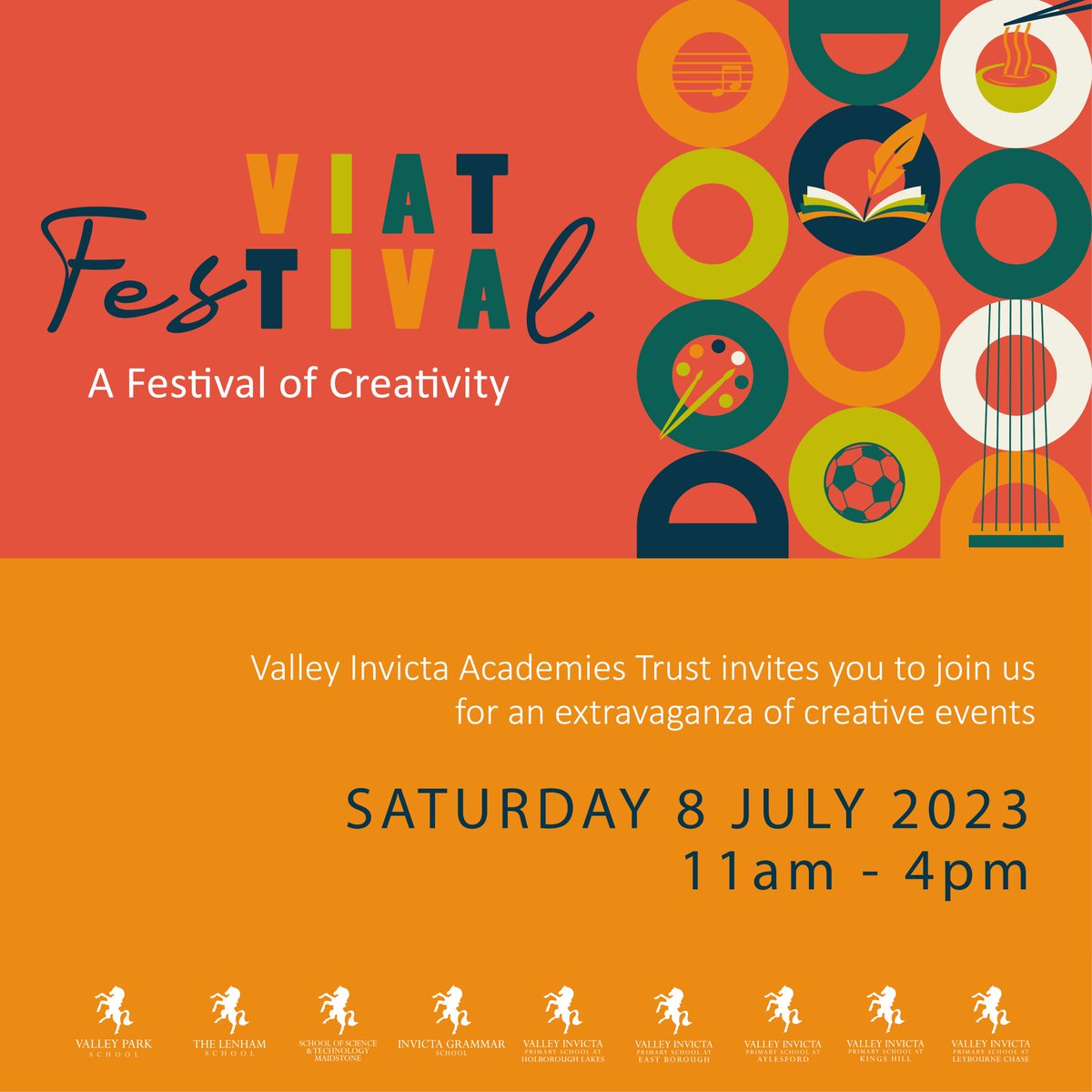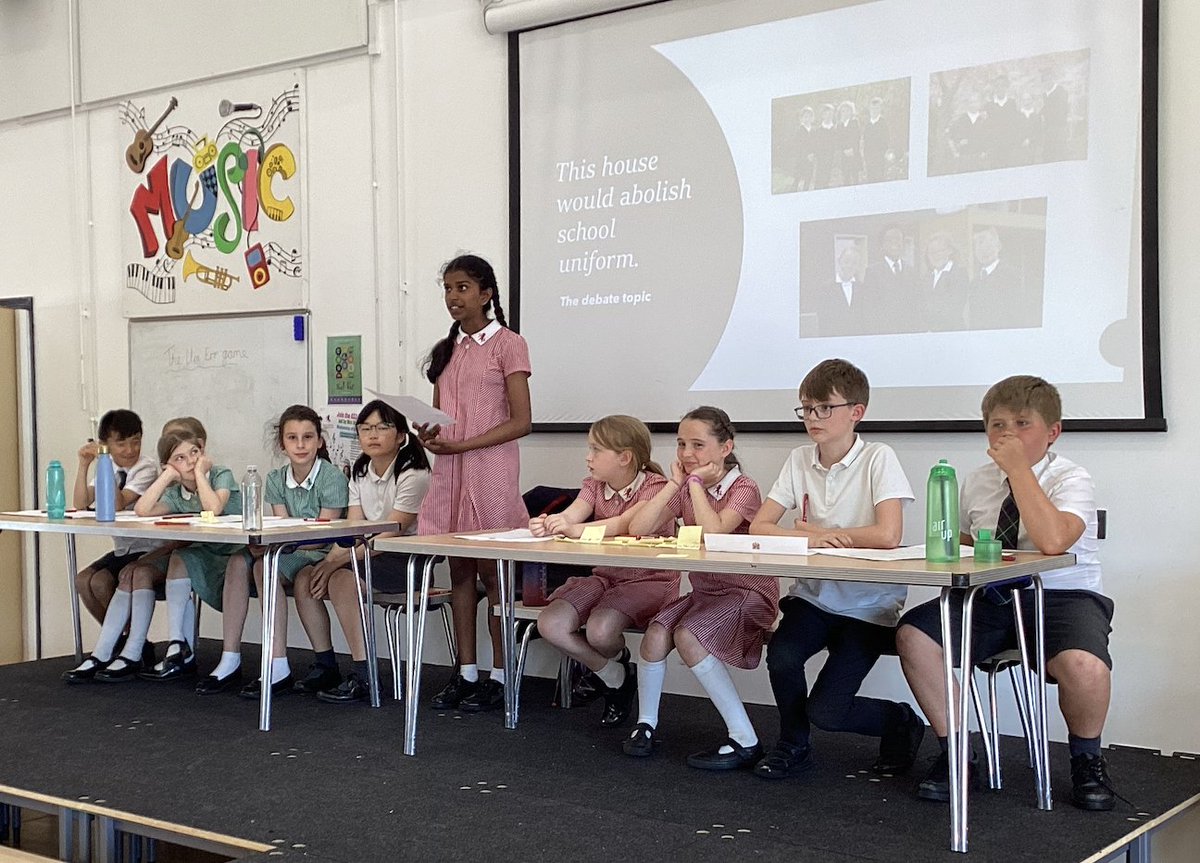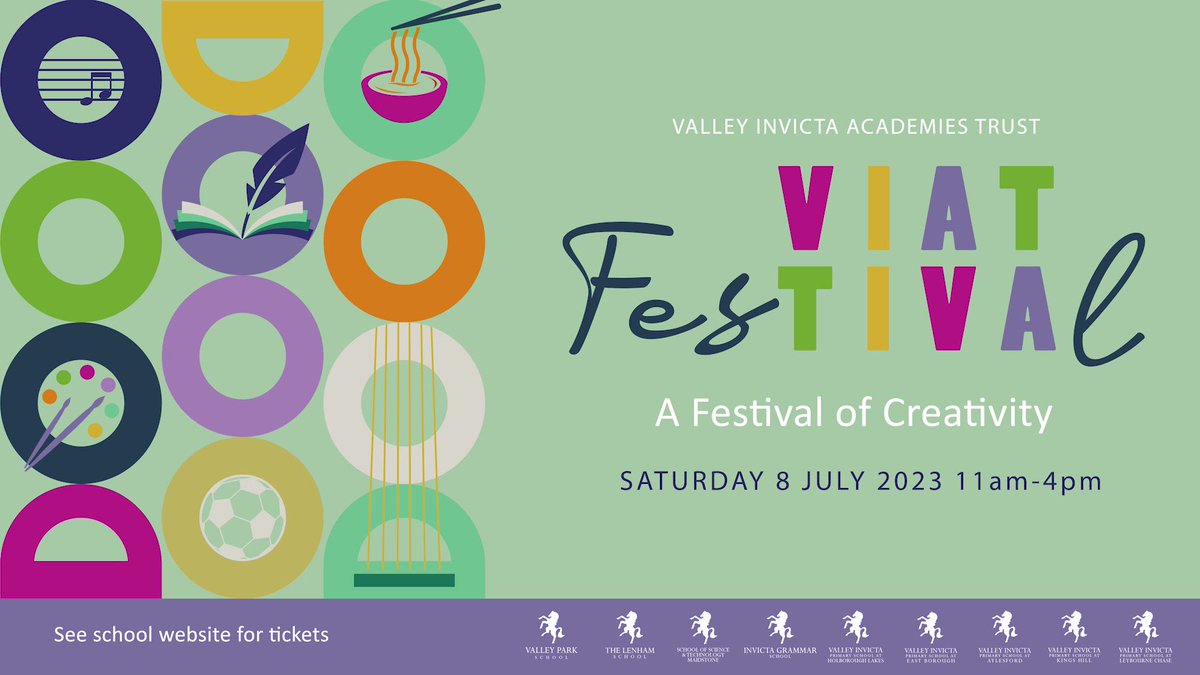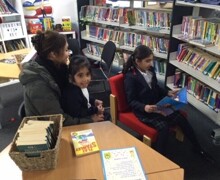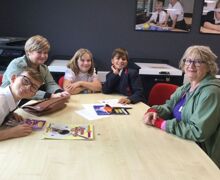Download our FREE smartphone app today!
Reading
The 'Big Book Share' and 'Grandparents Day' - reading with children opportunities.
Overview of Reading
Reading is our priority. There are many opportunities for our children to learn to read and to read to learn, every day. This is achieved by using a wide range of language rich texts. These opportunities include:
- daily phonics lessons in EYFS and KS1
- daily reading lessons in Years 2 - 6
- reading for pleasure
- daily whole class story/poem time
- ‘book talk’
Reading Lessons
Our 30-minute daily reading lessons are lively and engaging. Children are introduced to the new vocabulary that they will encounter in the text which is modelled by the teacher and then read by students. Quick retrieval and find and copy questions are asked before the children are taught how to respond to more complex elements of comprehension – inference, deduction, summarising, ordering events, comparing etc.
Accelerated Reader (AR)
Our library is organised in a way that enables children to choose texts with appropriate challenge. An online AR assessment provides us with a ‘zone’ from which the children can choose a book. After reading an AR book, children complete an online ‘quiz’. Teachers use AR to monitor engagement and progression and to target interventions.
To view our Reading Levels Comparison Chart please click here
A Parents Guide To Accelerated Reading
Celebration of Reading
Reading engagement is monitored by teachers, using individual Reading Records. We ask families to keep up-to-date records of daily reading experiences and teachers use these to record how many times children read each week. The expectation is that this is a minimum of five times. Every time a child reads, they are entered into a weekly class draw. We celebrate the winners of the weekly raffle in our greatly anticipated Celebration Assemblies. We have also introduced bi-termly Reading Raffles to encourage children to read a designated number of pages in a given time. The winners of the raffle in each class get to choose a brand-new book as their prize!
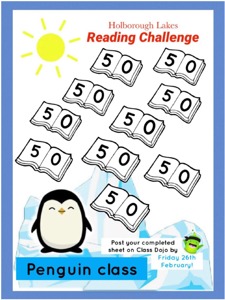
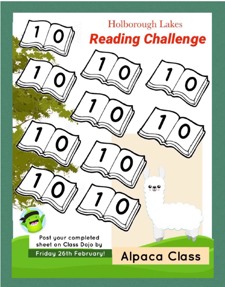
Reading Progression Documents
English Curriculum Books Overview 2024-2025
Progression of Literal Understanding and Retrieval
Progression of Inferential Reading Skills
Progression of Response to Text
Progression of Fluency and Phrasing
The Teaching of Reading Sequence
You can also visit the Book Trust website for some great tips around reading with your child.
Primary School Reading List Recommendations
PIXL Primary Reading Newsletters
PiXL Primary Reading For Pleasure Summer Newsletter
Key Stage One
Key Stage 1
In Key Stage One reading skills are taught and practised using the VIPERS during whole class reading sessions.
|
KS1 Content Domain Reference |
VIPER |
|
1a draw on knowledge of vocabulary to understand texts |
Vocabulary |
|
1b identify/ explain key aspects of fiction and non-fiction, such as characters, events, titles and information. |
Retrieve |
|
1c identify and explain the sequences of events in texts |
Sequence |
|
1d make inferences from the text |
Infer |
|
1e predict what might happen on the basis of what has been read so far |
Predict |
Key Stage Two
In Key Stage Two reading skills are taught and practised using VIPERS during whole class reading sessions.
|
KS2 Content Domain Reference |
VIPER |
|
2a Give/explain the meaning of words in context |
Vocabulary |
|
2b retrieve and record information/ identify key details from fiction and non/fiction |
Retrieve |
|
2c summarise main ideas from more than one paragraph |
Summarise |
|
2d make inferences from the text/ explain and justify inferences with evidence from the text |
Infer |
|
2e predict what might happen from details stated or implied |
Predict |
|
2f identify/explain how information/ narrative content is related and contributes to meaning as a whole |
Explain |
|
2g identify/explain how meaning is enhanced through choice of words and phrases |
Explain |
|
2h make comparisons within a text |
Explain |
Accelerated Reader
Information for parents
Accelerated reader is a system used by the school to encourage the development of reading skills. Elements for reading success using Accelerated Reader
1. Determine reading level - Children take a short reading test, the result if which determines the current reading ability and suggests a range of book levels. This will provide children with books that will keep them challenged without causing frustration.
2. Book selection - Once the children know their reading range, they are able to choose books within the range that interest them from the books available in our library.
3. Taking the AR quiz - Once children have read their book and are fully comfortable with the content, they are able to take online comprehension quiz or vocabulary test. Once the quiz has been completed the children receive instant feedback on how they have done, including the opportunity to review inaccurate answers. To pass a test children need to achieve 60% accuracy?
4. Target setting - Each child is set a target to aim for. As these are achieved they receive online awards as well as physical certificates to show their progress.
Children's reading achievements are celebrated within the school in many ways, including classroom displays to track and show progress, to the issuing of Ready Reader certificates during weekly celebration assemblies.
For more information, please follow the link below:
https://www.renaissance.com/services/parent-resources/reading-literacy/
Reading for Pleasure
Reading for Pleasure - Year 4
The growing range of excellent books for this age group makes the task of encouraging reading for pleasure in Year 4 as delightful as it is essential. It is indeed an essential task - as children’s laureate Cressida Cowell puts it, ‘Decades of research show a reader for pleasure is more likely to be happier, healthier, to do better at school, and to vote – all irrespective of background’. When children choose to read, they gain access to a host of exciting ideas and worlds and this helps to flex the muscles of the imagination, develop empathy and better understand the lives of others, as well boosting language skills, vocabulary and comprehension.
In order to facilitate the enjoyment of reading, the provision of books that are age-appropriate, high quality and appealing is key. At the ages of 8 and 9, most children have learned to read short chapter books by themselves and have gained enough experience of books to articulate preferences about styles, themes, and formats. Animal tales, fantasy adventures, funny stories, comic-style books, and illustrated chapter books are popular at this age, as are non-fiction texts covering topics of interest like science or history. In addition to a wide choice of independent reads, stories being read aloud by adults continue to be an important - and much-enjoyed - aspect of the reading for pleasure journey at this age.
With these factors in mind, the Books for Topics team has carefully selected a range of recommended books for reading for pleasure in Year 4. Many of the books in the collection are well known for getting children hooked on reading due to their humorous style and highly illustrated elements, like the comic-style Dog Man books, the pie-chart filled Planet Stan and Liz Pichon’s fabulously relatable Tom Gates series. Other stories featured in the Y4 collection have been chosen especially for making children laugh out loud, like the gag-filled Alien Invaded My Talent Show or Frank Cottrell-Boyce’s Cosmic.
Many children at this age have developed the ability to make connections within a story and spot finer details in the text, and this enables them to enjoy a good mystery story. For a cracking mystery adventure, we recommend the Highland Falcon Thief, the Lori and Max series or, for a set of head-scratching mysteries from the real world, try the award-winning Real Life Mysteries. Animal rescue stories also remain popular with Year 4, with Jess Butterworth’s exciting Himalayan adventure When the Mountains Roared or Michael Morpurgo’s poignant story of animal companionship in The Butterfly Lion being excellent choices. Dragons feature heavily in the Y4 collection too, and readers looking for fantasy adventures will be happy to let their imaginations feed on The Land of Roar, the spellbinding Starfell series or Cressida Cowell’s hugely popular How to Train Your Dragon books.
Not all of the stories on the list are longer reads. For readers looking for shorter texts, try Vashti Hardy’s short chapter book The Griffin Gate (specially formatted for reluctant and dyslexic readers), the graphic novel style picture book Kai and the Monkey King or dip into the short stories featured in David Long’s truly exciting tales of real-life Survivors. For picture books suitable for Year 4, we recommend Town is by the Sea, Colin Thompson’'s playful How to Live Forever or the thought-provoking The Barnabus Project, which is stunningly illustrated by the Fan Brothers.
If you are looking for classic stories suitable for 8-9 year olds, you will find among the collection some favourites that have been entertaining children for generations, like The Lion, The Witch and the Wardrobe or Dick King Smith’s The Queen’s Nose. Poetry books that are proven hits with Year 4 are well represented in the collection too, and in particular we love Daydreams and Jellybeans, Josh Seigal’s humorous collection Welcome to my Crazy Life and the beautifully illustrated nature poems in The Lost Words.
The team have also included a handful of favourite non-fiction books for Year 4, from printmaker James Brown's visually appealing global tour in A World of Cities, to William Grill’s fascinating illustrated retelling of Shackleton’s Journey, to the wonderfully interactive illumanatomy, which comes with a magic lens to help readers delve deeper into the different systems that make up the human body.
Share with us what your child is reading by communicating it in your child's reading diary - we love to hear the new titles that they are enjoying.
Below are links to great resources that help to provide ideas of books to read for pleasure:
Reading Ambassadors
Reading is very important at Valley Invicta Primary School at Holborough Lakes; we know that much research has shown that children who read regularly at home perform better at school. Through Pupil Voice, our Reading Ambassadors are able to support the promotion of reading throughout the school.
Reading Ambassadors are chosen for their love of reading, their willingness to share this passion with others and enthusiasm to promote reading throughout the school.
Reading Ambassador Roles:
- Part of the job of the reading ambassador is to encourage others in their class to read.
- Support with organising the library.
- Monitor children’s attainment of the reading challenge.
- Share book reviews and recommendations with their classes.
- Help with reading events across the school.
- Help create displays to promote reading within school.
Here are our Reading Ambassadors:
Year 1-
Year 2-
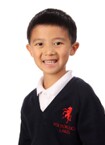
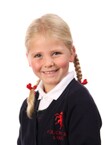
Ian Maddy
Year 3-
![000282[1]](https://holborough-pri.s3.amazonaws.com/uploads/asset_image/2_1716.jpg)
![000286[1]](https://holborough-pri.s3.amazonaws.com/uploads/asset_image/2_1717.jpg)
Mason Zofia
Year 4-
![000219[1]](https://holborough-pri.s3.amazonaws.com/uploads/asset_image/2_1718.jpg)
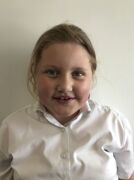
Ava Violet
Year 5-
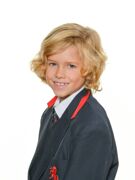
![000348[1]](https://holborough-pri.s3.amazonaws.com/uploads/asset_image/2_1715.jpg)
Monte Dwo Dwo
Year 6-
![000035[1]](https://holborough-pri.s3.amazonaws.com/uploads/asset_image/2_1719.jpg)
![000044[1]](https://holborough-pri.s3.amazonaws.com/uploads/asset_image/2_1720.jpg)
Caityln Arjan
Recommended Reads
Please click on the links below for Recommended Reads according to age groups:





